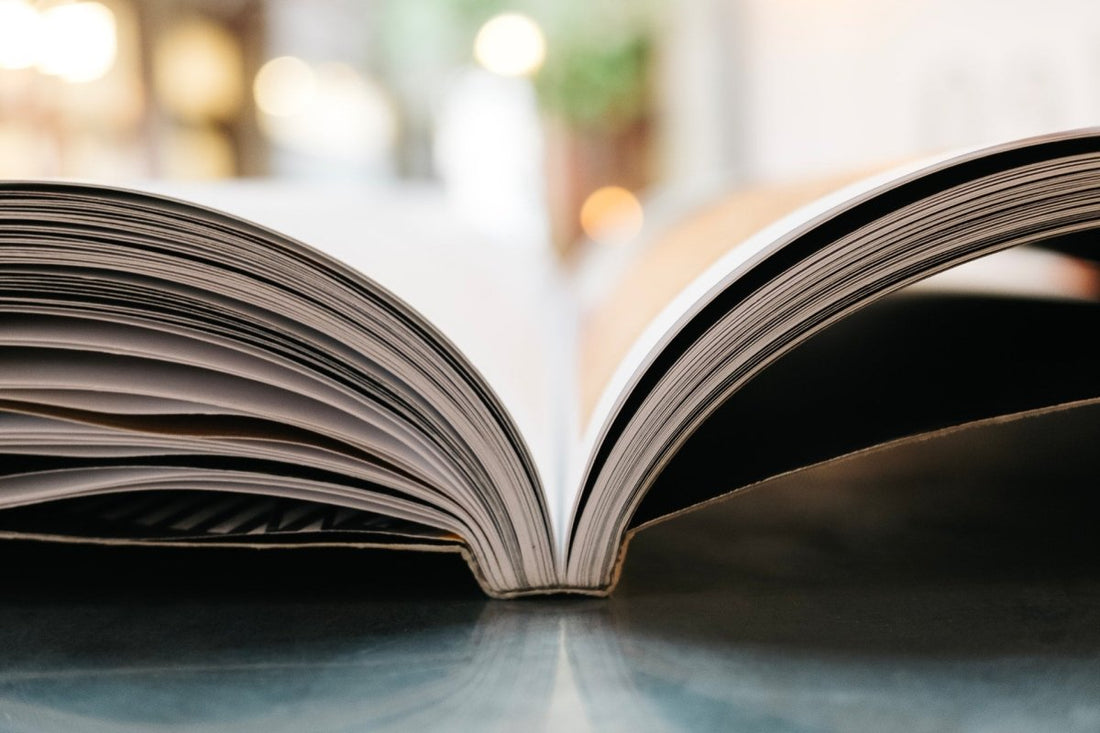More and more consumers want to live sustainably. This quickly raises the question of how to implement sustainability in everyday life. Does a sustainable lifestyle necessarily involve doing without, or do smaller changes possibly achieve even more?
Approaching the theory and practice of sustainability is not that difficult. Fortunately, there is a whole range of good books that address various aspects, present them in an understandable way and provide suggestions for implementation. Here are some book tips for relaxed weekends on the couch. We recommend picking up an eBook - because at NIKIN we are paper-free.
Stephanie Hess: ÖKOlogisch, ChangeMaker
The author sheds light in an informative and exciting way on how our consumption affects the environment. After all, many things that have long been taken for granted in everyday life have to travel a long (production) way. This is particularly true of food, but other consumer goods are also sometimes not very sustainable. Stephanie Hess explains how high the CO2 emissions and water consumption are for the production of popular products and what alternatives consumers have in an exciting and fact-based way.
Go to the book here!

Christoph Schulz: Sustainable living for beginners, Orell Füssli
This guide by Christoph Schulz helps with the first steps on the way to a more sustainable life. The book answers very practical questions about the consequences of lifestyle and leisure activities and explains the benefits, for example, of giving up or limiting meat consumption and air travel. In this way, the author makes his readers understand that every individual can actually make a contribution to sustainability. More than 100 practical tips cover topics such as fashion, energy and investing and make it easier to implement good intentions.
Go to the book here!
[ product-handles list="treebottle-glass-allover-pines, treesocks-standard-single, folded-polylana-r-ripped1, unisex, treeglasses-round"]
Wolfgang Mulke: Investing money sustainably, Orell Füssli
Can investment be sustainable at all, and does changing customer behavior have any effect on the financial industry? And whether - as author Wolfgang Mulke explains in this book. By opting for sustainable investments, investors can put a stop to the arms industry and corruption as well as the industrial exploitation of nature, child labor and unhealthy food! Readers can learn how and where to find individual investment products and sustainable financial service providers in the book "Investing money sustainably".
The important topic of returns and the verifiability of sustainability is also addressed here, always in an understandable way. Private investors can use this book to develop their own investment strategies and find suitable investment products. Banks, funds and ETFs are presented, and the author uses sample portfolios to provide suggestions for different risk appetites - all of them sustainable.
Go to the book here!

Sabine Haag: Unverpackt einkaufen - Kreativ aufbewahren, Orell Füssli
Unpackaged shopping is a trend, and in Switzerland, too, more and more stores are offering consumers the opportunity to buy food and other items without packaging. Sabine Haag explains the best way to do this. After all, the goods purchased in this way also need to be transported and stored. Readers of this book will learn how to store loose food in a reliable, practical and even decorative way, and the author also gives them plenty of ideas for doing it themselves.
Go to the book here!
There is a growing range of informative literature, much of it published by the Swiss publisher Orell Füssli. Blogs on the topic can also be consulted. Sustainability blogs based on bloggers' own experiences are particularly exciting! They also provide helpful, readable and entertaining suggestions on the topic.
Do you know a good book, exciting blogs or a convincing guide on the subject of sustainability? Let us know in the comments!




















